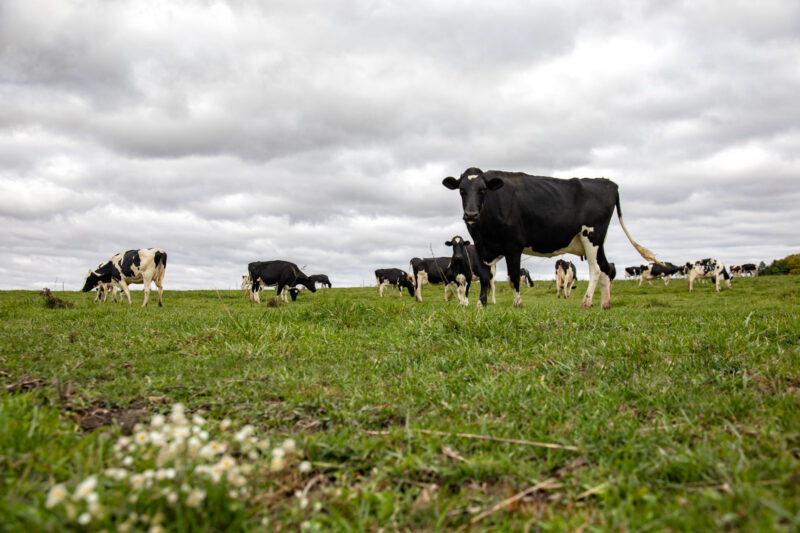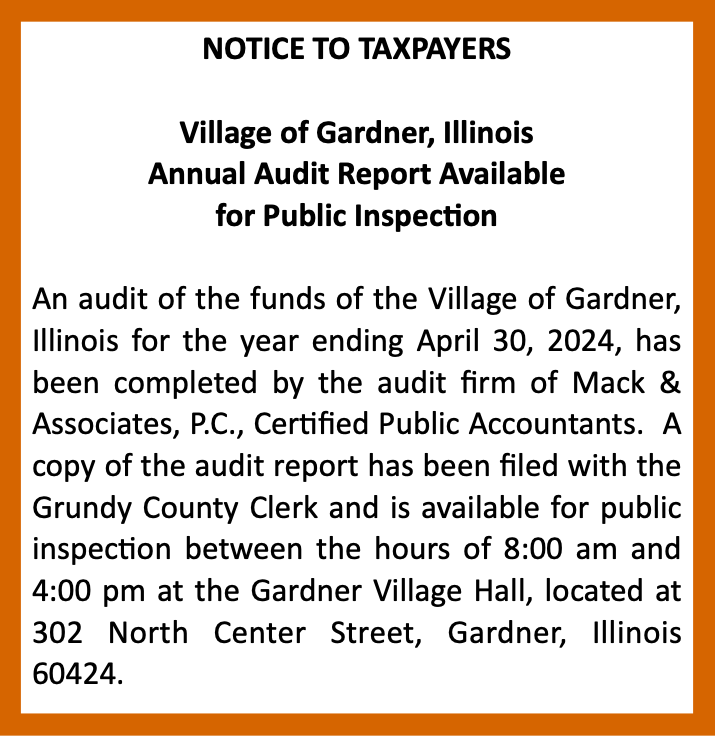Canadian dairy quotas focus of second USMCA dispute panel
By TIMOTHY EGGERT
FarmWeek
 For the second time in two years, the United States is asking a panel to rule that Canada unfairly uses its dairy import quotas to limit market access and curb U.S. exports.
For the second time in two years, the United States is asking a panel to rule that Canada unfairly uses its dairy import quotas to limit market access and curb U.S. exports.
The move, announced Jan. 31 by the Office of the U.S. Trade Representative (USTR), comes after a separate panel formed under the U.S.-Mexico-Canada Agreement (USMCA) ruled in late 2021 that Canada violated dairy quota pledges under the agreement.
But the plans the Canadian government finalized in May 2022 to adjust its quotas “have not fixed the problem,” USTR Ambassador Katherine Tai said in a statement.
“We are utilizing our available tools to enforce our trade agreements and ensure that U.S. workers, farmers, processors and exporters receive the full benefits of the USMCA,” Tai said.
Mary Ng, Canada’s minister for international trade, export promotion, small business and economic development, said her country would defend the supply management system and market access agreed to by the U.S., adding Canada will “stand firm against attempts to renegotiate” during the settlement process.
“We know how important stability and certainty are to our farmers, workers and businesses, and we will always work to ensure that trade rules are implemented as intended, protecting their livelihoods and setting them up for success at home and abroad,” Ng said.

Similar to the complaints lodged in the previous dispute, USTR contends Canada limits access to the quotas to just Canadian processors and distributors. In doing so, USTR argues the government has largely prevented Canadian retailers and food service operators from buying U.S. dairy goods.
The office further argues Canada uses a discriminatory methodology for allocating its dairy tariff rate quotas (TRQs) on a market-share basis. Specifically, American officials claim the methodology differs depending on the type of applicant, with access to shares of the quota limited “exclusively to processors.”
The United States takes issue with the allocation process using a 12-month reference period to calculate market activity, one during which Canada requires an applicant to be active during all 12 months of the period to be eligible to apply for a TRQ allocation.
Canada also mandates TRQ recipients to remain active during all 12 months of the quota year, another measure inconsistent with USMCA, according to USTR.
“Canada is a valued and important trading partner, but they continue to fall short of their USMCA obligations by denying U.S. dairy producers and exporters fair access to the Canadian market,” USDA Sec. Tom Vilsack said in a statement.
The announcement follows U.S. Sens. Tammy Baldwin, D-Wis; John Boozman, R-Ark.; and Debbie Stabenow, D-Mich.; sending separate letters to Tai demanding another dispute settlement panel over the dairy quotas.
Their letters as well as the announcement Tuesday were praised by the U.S. Dairy Council; the National Milk Producer’s Federation and American Farm Bureau Federation.
“Canada’s TRQ allocation system is not only a violation of USMCA — it directly harms American dairy farmers, processors and other workers by unfairly restricting access to their market,” NMPF President and CEO Jim Mulhern said in a statement. “USTR’s action is an important step in righting this wrong and sending a message that the U.S. will fight violations of trade deals in Canada and wherever else they may be committed.”
 This story was distributed through a cooperative project between Illinois Farm Bureau and the Illinois Press Association. For more food and farming news, visit FarmWeekNow.com.
This story was distributed through a cooperative project between Illinois Farm Bureau and the Illinois Press Association. For more food and farming news, visit FarmWeekNow.com.
**Editor’s Note: If you find the story above of value, consider clicking one of the Google ads embedded in the story. It costs you nothing but Google will give the website owner a few cents.











































